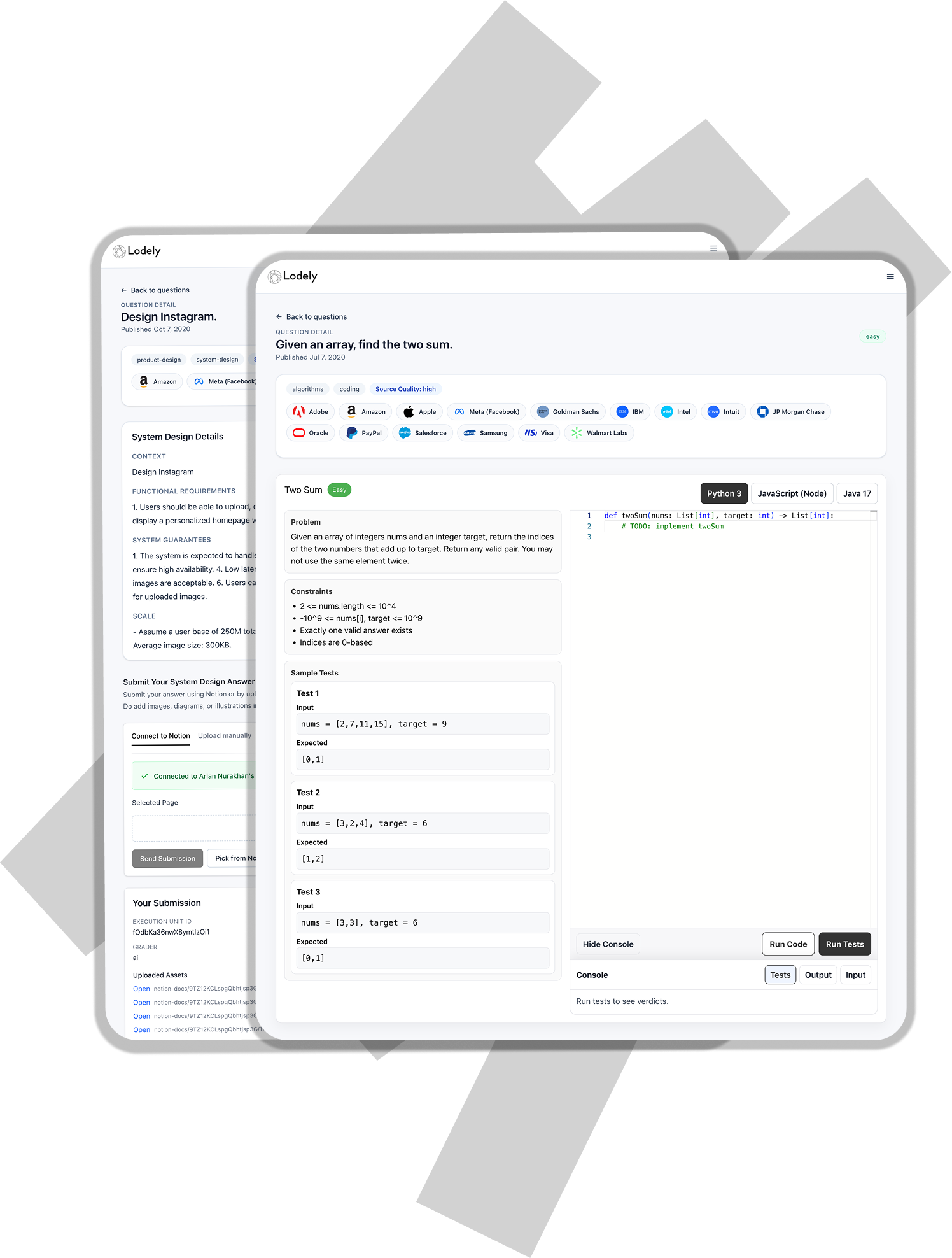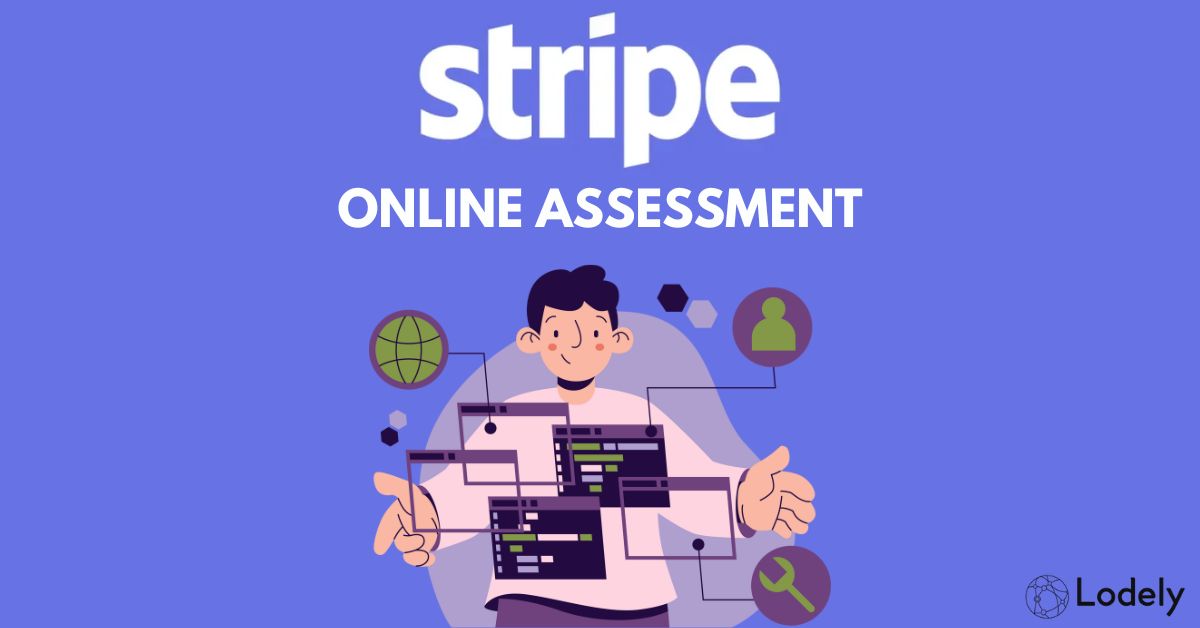What Degree Do You Need to be a Software Engineer

What Degree Do You Need to be a Software Engineer: Career Paths That Actually Work
Not all software engineers took the four-year college route, and some didn’t even finish high school. From bootcamp grads to ex-math majors and retail workers turned coders, the paths into this industry are anything but standard.
This breakdown of what degree you need to be a software engineer separates proven career routes from outdated myths holding people back.
Here's What the Data Actually Shows About Software Engineering Degrees
Alright, let's cut through the noise and get straight to what you're really asking. I've been in tech for close to a decade now, worked at everything from scrappy startups to big tech companies, and here's what I've learned about degree requirements for software engineers.
The short answer? A bachelor's degree helps, but it's not the end-all, be-all that everyone makes it out to be.
Here's what the actual data tells us, and trust me, these numbers might surprise you:
The Numbers Don't Lie
Based on the latest Stack Overflow Developer Survey data from 2024 (with over 65,000 responses), here's the reality of what software engineers actually have in terms of education:
66% of developers have a bachelor's or master's degree - but here's the kicker: only 49% actually learned to code in school. Let that sink in for a second. More than half of us didn't even pick up our core skills in a classroom.
When you break down the specific degrees that working software engineers hold, it looks like this:
- Computer Science degrees: About 65% of software engineers hold CS degrees
- Other Engineering degrees: 15% (think Electrical, Computer, or Software Engineering specifically)
- Mathematics/Physics: 8% of working engineers
- No degree at all: 12% of software engineers are working without any college degree
- Master's degrees: 25% have advanced degrees, but here's the thing - they're rarely required for most roles
What This Actually Means for You
I'll be honest with you - most employers still prefer a bachelor's degree. The Stack Overflow data shows that about 75% of employers list it as a preference. But preference doesn't mean requirement, and that's a crucial distinction.
The minimum you actually need? High school diploma plus demonstrable programming skills. That's it. I've worked alongside incredibly talented engineers who never set foot in a computer science classroom.
The Real Talk About Degrees
Here's what I wish someone had told me when I was starting out: your degree type matters way less than you think. I've seen mathematics majors become incredible software engineers, physics PhDs transition into tech, and self-taught developers outperform computer science graduates.
What actually matters:
- Can you write clean, efficient code?
- Do you understand algorithms and data structures?
- Can you solve problems and debug when things go wrong?
- Are you willing to keep learning constantly?
The degree is often just a way to get past the initial resume screening. Once you're in the room (virtual or otherwise), it's all about what you can actually do.
The Different Paths That Actually Work
Computer Science Degree: This is still the most straightforward path. You'll get a solid foundation in algorithms, data structures, and programming fundamentals. The most direct route has an 89% job placement rate, and you'll typically start at around $75,000-$95,000.
Software Engineering Degree: Slightly more practical than CS, with a focus on real-world software development practices. 92% job placement rate and similar starting salaries.
Other Engineering Degrees: Computer Engineering, Electrical Engineering - these work great, especially if you're interested in systems programming or embedded development.
Mathematics/Physics: Don't underestimate these. Some of the best algorithmic thinkers I know come from math backgrounds. You'll need to self-study programming, but the logical thinking skills transfer beautifully.
No Degree Route: This is getting more common, especially at startups and mid-size companies. About 12% of working software engineers took this path. It requires more hustle and a really strong portfolio, but it's absolutely doable.

The Industry Reality Check
Here's something most career guides won't tell you: where you want to work matters more than what degree you have.
Big Tech (FAANG): Yeah, they still heavily prefer degrees. About 85% of their positions list a bachelor's as a minimum. But even they're starting to make exceptions for exceptional candidates.
Startups: Way more flexible. In my experience, about 45% actually require a formal degree. They care more about what you can build.
Mid-size companies: Somewhere in between. Maybe 65% prefer a degree, but they'll often consider bootcamp grads or self-taught developers with strong portfolios.
In essence, while a degree can be helpful, it's your skills, experience, and ability to learn that will ultimately determine your success in software engineering.
Degree Myths in Software Engineering That Need to Die (For Good)
After almost a decade in this industry, I've heard every excuse in the book about why someone "can't" make it in software engineering. Most of these are complete BS that people use to talk themselves out of opportunities.
These misconceptions are probably costing you money and career opportunities right now.

Myth #1: "You Need a Master's Degree to Advance"
I've worked with engineering managers, senior staff engineers, and even CTOs who stopped their education at a bachelor's degree. Some didn't even finish college. The idea that you need a master's to climb the ladder is one of the most expensive myths out there.
Here's what actually happens in the real world: your progression depends on impact, not degrees. I've seen bootcamp grads become senior engineers in 3-4 years, while some master's degree holders stayed stuck at mid-level because they couldn't ship products or lead teams effectively.
When a master's degree actually helps: Research-heavy roles, academic positions, highly specialized fields like ML, or some government contractor positions.
But for 90% of software engineering roles? Your GitHub contributions, shipped products, and ability to mentor junior developers matter way more than letters after your name.
Myth #2: "Bootcamp Grads Can't Get Senior Roles"
This one makes me laugh because I literally work with several senior engineers who came from boot camps. One of the best technical leads I know started with a 6-month coding bootcamp after working in retail for 8 years.
The reality check: Bootcamp grads absolutely can and do reach senior levels. I've seen it happen over and over again. The timeline might be slightly different, but the destination is the same.
What actually determines your ceiling:
- Problem-solving ability
- Communication skills
- The technical depth you develop over time
- Leadership and mentorship capabilities
- Business impact of your work
The bootcamp advantage nobody talks about: These folks often have better soft skills because they've worked in other industries. They understand customer service, business operations, and real-world pressure.
The key is continuous learning after the bootcamp. You can't coast on that initial 6-month education, but that's true for CS grads too.
Myth #3: "Self-Taught Developers Hit a Ceiling"
This is probably the most frustrating myth for me personally. Some of the most talented engineers I've worked with are completely self-taught. We're talking about people who built their own compilers, contributed to major open-source projects, and designed systems that handle millions of users.
The supposed "ceiling" is usually about perception, not capability. Some companies still have biases, but the market is shifting fast, especially with remote work becoming normal.
Here's what I've observed: Self-taught developers often have deeper practical knowledge because they learned by solving real problems, not theoretical exercises.
The real ceiling isn't your education - it's your willingness to keep learning and solving harder problems.
Myth #4: "You Need Math/Computer Science to Be Successful"
Look, I'm not going to lie to you - understanding algorithms and data structures is important. But the idea that you need to be a math wizard or have a formal CS education to succeed? Complete nonsense.
Most day-to-day software engineering involves: Reading existing code, debugging problems, integrating APIs, building user interfaces, writing tests, and working with databases.
Math-heavy stuff like calculus or complex algorithms? Maybe 5% of engineers deal with this regularly, usually in specialized roles like machine learning or graphics programming.
I've worked with incredible engineers who started as English majors, came from music backgrounds, were former teachers, and were accountants. What they all had in common: Strong logical thinking, attention to detail, and persistence when debugging problems.
The CS knowledge you actually need: Basic algorithms and data structures, understanding of how computers work, software design patterns, and testing methodologies. You can learn all of this through practical projects and online resources.
The software industry cares more about what you can do than how you got there. Whether you took the bootcamp route, taught yourself on YouTube, or have a CS degree from Stanford, what matters is your skillset, mindset, and ability to deliver.
The Right Degree Is the One That Gets You Building
At the end of the day, software engineering isn’t about where you studied, it’s about what you can build. Whether you have a CS degree, a physics background, or no formal degree at all, what matters is your ability to solve problems, write clean code, and keep learning.
Pick the path that gets you moving, not the one that checks the most boxes. Then build, ship, repeat.
If you’ve been stressing about the “right” degree, take a breath. It’s your skills that get you hired. Want more real talk like this? Subscribe below.
✉️ Get free system design pdf resource and interview tips weekly
✉️ Get free system design pdf resource and interview tips weekly




